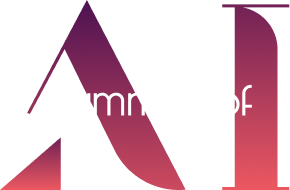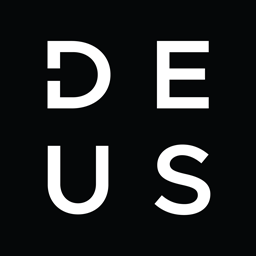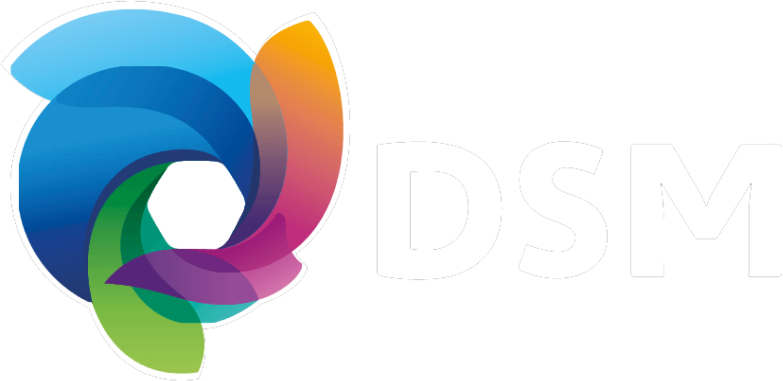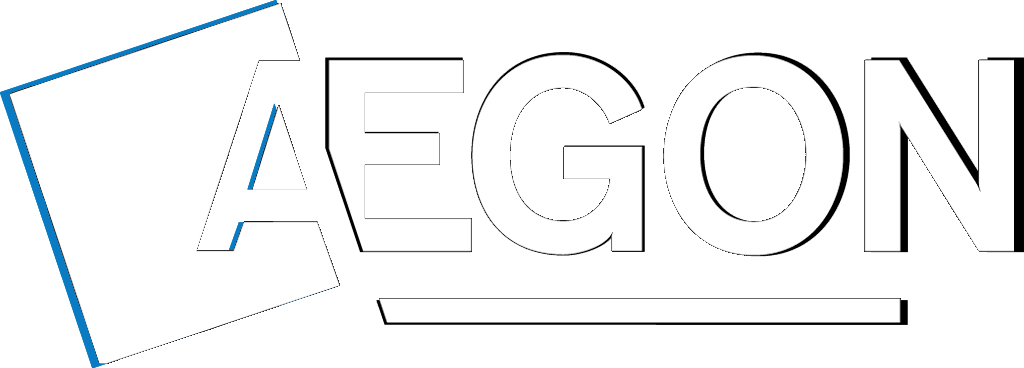Introduction Climate change necessitates a
transition of our energy system towards renewable sources. Since the energy transition is
too big for a single company to tackle alone, Shell has recently opened the doors of its
Energy Transition Campus Amsterdam (
ETCA) to start-ups, scale-ups,
academia, and mature companies.Shell believes that digitalisation and AI are critical
enablers to support our ambition to be a net zero energy company. We want to reduce our own
CO2 emissions and help our customers reduce theirs. ETCA is a frontrunner and an example
case of this effort. The campus’ electricity originates from on-site solar panels and Dutch
wind farms. Lighting is fully LED-based. Heating is managed via underground hot/cold
storage.This project focuses on various aspects of ETCA’s electricity consumption. Data
science will play a crucial role and participants will have the opportunity to make a real
and direct impact.
Research questions• What kind of power storage (e.g. battery packs) do we need to
shave off our peak demand from the grid (grid relief)?
• Can we give
recommendations on energy efficiency measures, e.g. building insulation?
• Can we
model our base load to serve as a reference for energy
improvements?
Project setup
Students joining
Shell during the Summer of AI will be challenged to answer the research questions by
modelling the electrical structure of ETCA and its main loads. Not all submeter stations are
currently able to be logged remotely but more detailed load monitoring can be developed and
installed. This project touches upon the various phases of a data science project and has
two simultaneous intertwining pillars.
What we expect from
you:
• Shell ETCA,
Amsterdam (≥ 1 day / week) Virtual (rest of week). Align days within team.
• Commitment: ≥ 4 days per
week
• DS/AI/technical students
with experience or a strong interest in DS/AI. Permission to work in NL is
required
• Internship
compensation and travel expenses provided.
